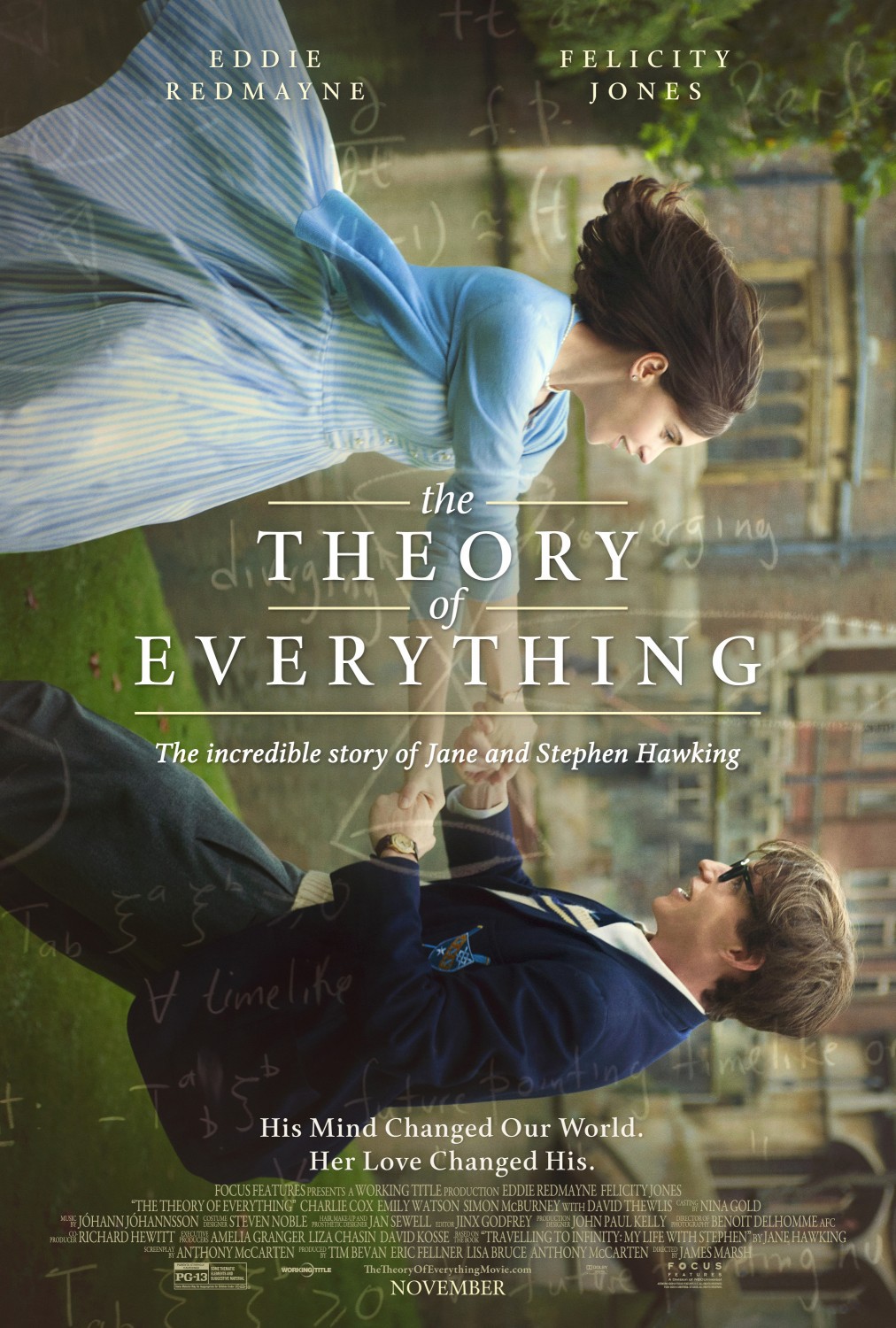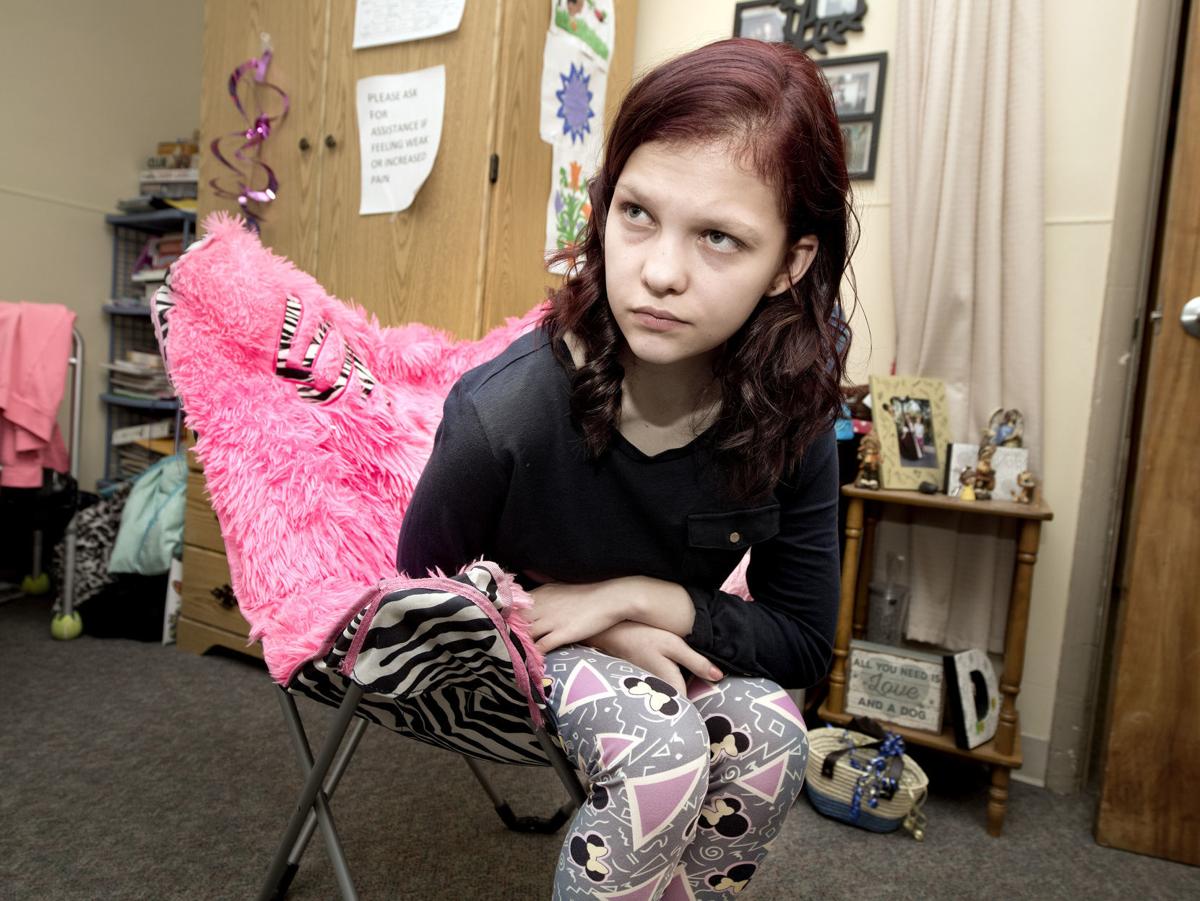What is imposter syndrome? "Doubting your abilities and feeling like a fraud," according to a quick google search. AKA, story of my life. I rarely have ever been given praise and actually believed that I deserve it. Everything that I have accomplished I blow off and say that I was lucky or something along those lines. I completely have imposter syndrome, let's talk about it.
I took this "Impostor Phenomenon Rating Scale" test and scored a whopping 80. Now most would think "wow an 80 what a high score, she's awesome!" well I am kind of cool, but in this situation you actually want to have a low score. I scored around the area of frequent imposter syndrome feelings and intense feelings of imposter syndrome.... Sadly I would say that this is very accurate for me. I struggle everyday to think that I actually have a brain and that anything I do is actually worth anything. I can't compliment myself, I hate being complimented because I feel like the other person is lying to me or pities me or wants a compliment in return. Basically anything positive that happens in my life I just wait for the other shoe to drop/ say that I am lucky. For the past year and a half at this point I have been waiting for Ashton Kutcher to run out from behind a corner and say "You just got Punk'd!" To my surprise, this has not happened yet. I'm about to walk across a stage to get my OT white coat and then during my level 2 fieldwork rotation I am expected to manage a case load by myself?! I am terrified! As someone that doesn't believe that she belongs in the program, I'm stressed. I believe that everything happens for a reason, so I'll just go with the flow and see what happens. So far, I have been to therapy (like actively attending a session weekly for a few months) twice because of my racing thoughts/anxiety/self-esteem/depression and unfortunately I quit before we can get to the part of addressing my actual issues. I know this is a problem for me, but I don't believe that I am worth fixing my issues. Which is an issue in itself haha. I have problems. Hopefully I don't misrepresent my school's program by being an idiot because this truly keeps me up at night. I'm so scared..... To end on a happy note, I am very excited for this rotation too. I'm pumped to learn and see so much! I allowed myself to have a fun selection and a not so fun selection when selecting fieldwork sites. This is my "fun" rotation so deep down I am very pumped, but man I'm scared. Excited and scared and an 80 on the imposter rating scale. That's me. The end.


